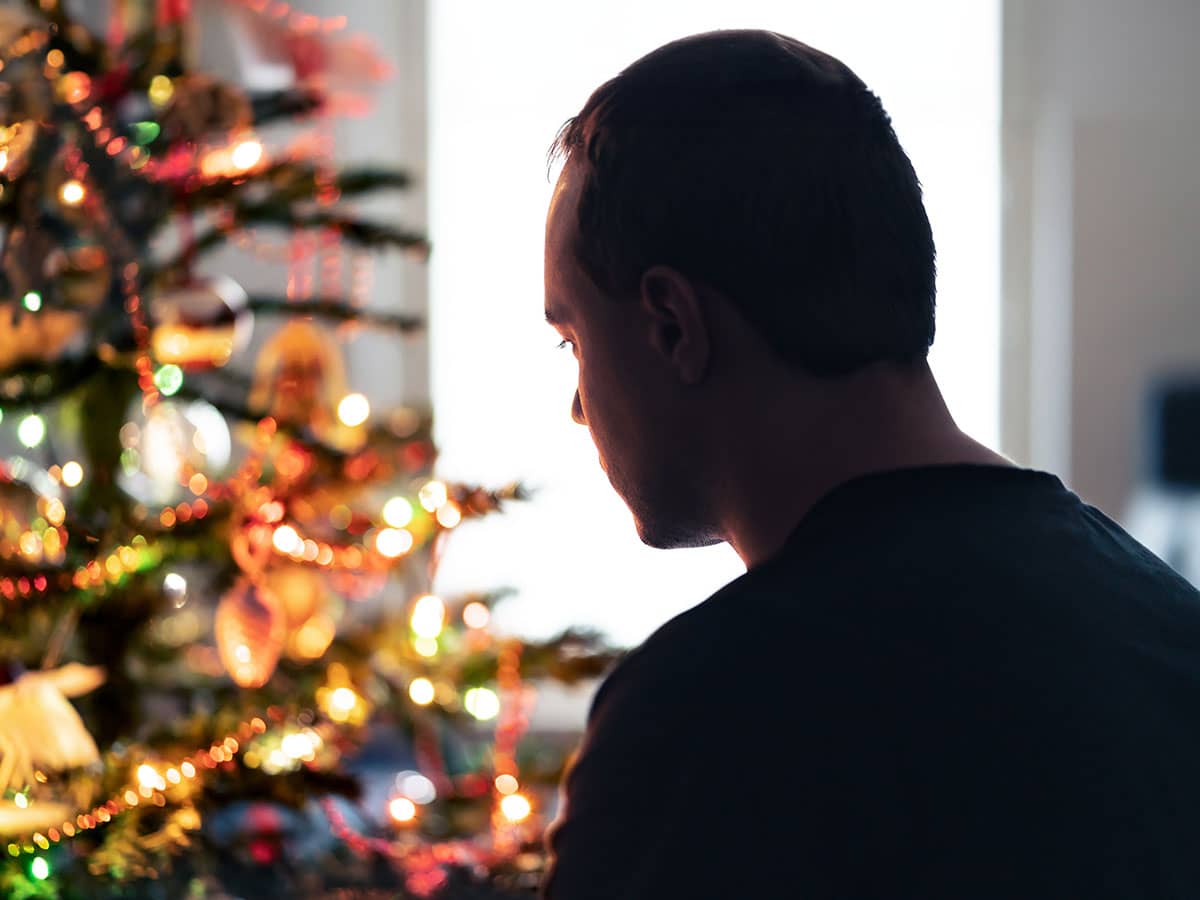The General Synod meeting in York passed a motion to begin a theological study on the implications of promoting women to the Church of England's highest offices--but only after a formal vote was demanded by opponents of the move in order to gauge the strength of opinion among bishops, clergy and lay members.
The motion was designed to maximise support, and succeeded as the bishops voted 36 to 1 in favour of the study, clergy members by 154 to 39 and laity by 165 to 49. More radical moves to speed up the appointment of women bishops were thrown out.
Women were first ordained into the Church of England priesthood six years ago, but any further moves will require not only the eventual approval of the synod but also parliamentary legislation.
Afterwards the proposer, the Venerable Judith Rose, Archdeacon of Tonbridge, Kent, one of the most senior ordained women in the church, said: "The debate needs to continue and I hope this will give a positive incentive to push forward."
Mrs Rose, herself one of the first women to be ordained, will be long retired before female bishops are appointed. "Because of my age I am never going to be a potential candidate, although the colour purple suits me quite well," she said.
Even though Sunday's proposal was limited, it caused opponents of women priests to claim that promoting women further would split the church and further complicate ecumenical discussions with the Roman Catholic Church, which does not recognise the ability of women to be priests in any form.
One opponent, the Rev Angus MacLeay of Houghton in Carlisle diocese told the Synod: "The important fact is that Jesus did not allow female oversight. The witness of the New Testament is clear."
There are fears that the 1,000 Anglican churches in England which at the moment still do not accept the authority of women priests may harden their opposition by refusing to recognise even male clergy if they are ordained by women bishops.
More than 450 clergy left the ministry following women's ordination--some of them to become Roman Catholics--a move which has so far cost the Church of England £15.6m in compensation payouts to them for the cost to their consciences.
Sister churches in the United States, New Zealand and Canada already have women bishops and the Scottish Episcopal Church is likely to appoint them soon.
British Methodists, with whom the Church of England holds periodic discussions on unity, has many women ministers and is currently considering introducing bishops.

